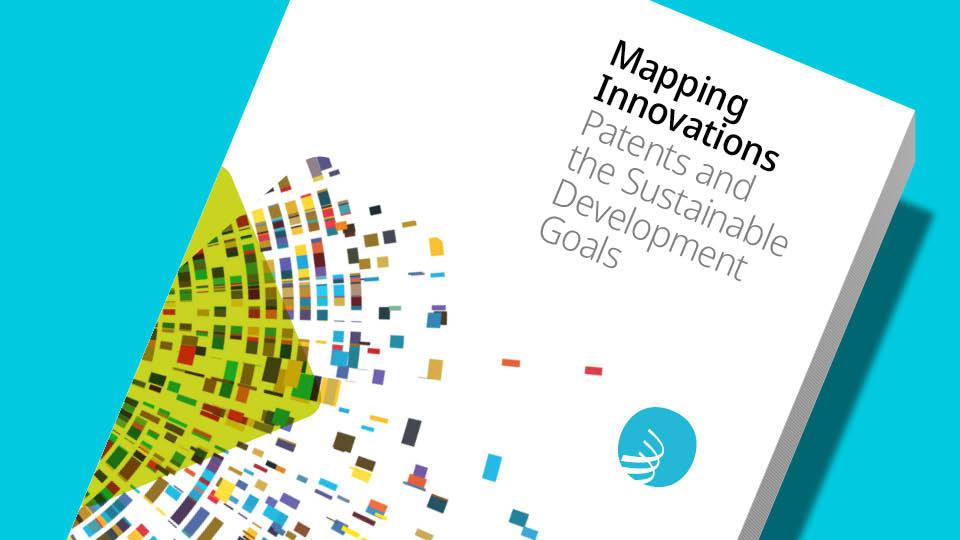A reminder that some effective preventatives for the spreading of disease are relatively simple such as good hygiene and efficient washing.
The paper demonstrates that coastal ecosystem restoration leads to increased abundance and diversity of animals, comparable to natural reference sites, underscoring its importance in mitigating biodiversity loss and environmental degradation.
Amphibian rewilding initiatives may provide early indications of ecological health and better contribute to conservation goals, by simultaneously protecting highly endangered species, and promoting ecological stability in these species ecosystems. Authors recommend the rapid (re)introduction of this “forgotten” taxon via the guidelines of trophic rewilding.
As climate is changing ecosystems, how to do alter our goals for conservation
Conservation translocations have become popular and important conservation tools and this paper reviews the recent studies concerning animal translocation redefining the field to translocation science to embrace sociopolitical factors.
This content aligns with Goals 1 and 5 by assessing endemic levels of gender inequality and exclusion of homeless women and survival challenges for them in context of pertinent indicators like accessing basic services, occupational segregation, and gender-based violence.
Repetitive transcranial magnetic stimulation (rTMS) and transcranial direct current stimulation (tDCS) are two of the most used non-pharmacological interventions for Alzheimer's Disease (AD). However, most of the clinical trials have focused on evaluating the effects on global cognition and not on specific cognitive functions. Therefore, considering that memory loss is one of the hallmark symptoms of AD, we aim to assess the efficacy and safety of tDCS and rTMS in memory deficits.
This chapter advances Goals 13 and 9 by examining the effects of climate change and the relationship with the Arctic based on the perspective of professionals working on climate change and Arctic issues.
This comprehensive report produced by World Intellectual Property Organization (WIPO) presents an extensive analysis of patents mapped to the United Nations Sustainable Development Goals (SDGs).
This chapter addresses UN SDGs 10, 11, And 15 by discussing the importance of incorporating indigenous knowledge and culture in Arctic development in particular their familiarity with the Artic environment and their ability to manage the natural resources in a sustainable way.

